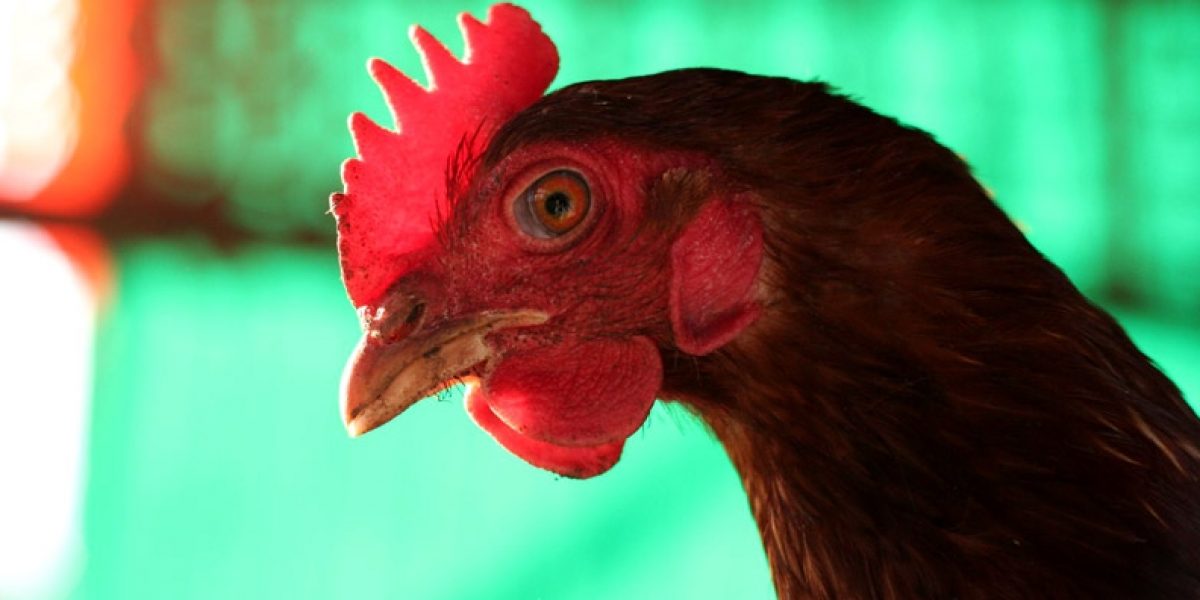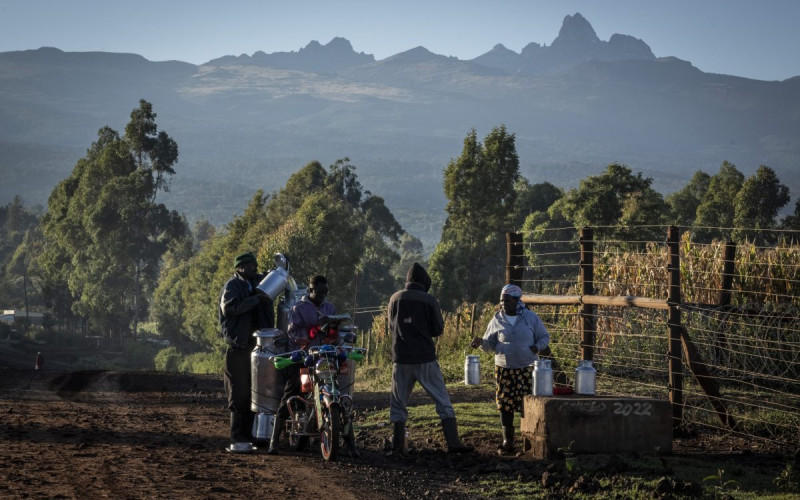The African Growth and Opportunity Act (AGOA) has been the cornerstone of US-Africa trade relations since its inception in 2000. AGOA, which provides sub-Saharan African countries duty-free access to the US market for more than 6,000 product lines, has benefited parties on both side of the Atlantic. But recent developments suggest that AGOA may no longer be best suited to promote economic relations. The US and African countries should now devise an alternative arrangement for when the Act expires in 2025.
Eight years into AGOA, total US-Africa trade had increased nearly four-fold. While bilateral trade has declined since 2008, reports from the Brookings Institution suggest that the Act is still estimated to support 120,000 and 300,000 jobs in the US and sub-Saharan Africa respectively.
But AGOA has a number of inherent flaws that have failed to assist countries to further enhance this relationship. AGOA has been unsuccessful in supporting African countries to overcome some of the structural constraints of their own economies. And for American businesses, it has failed to facilitate adequate market access in African countries. Outcomes from the recently concluded AGOA Forum in Togo indicate that these issues persist and are near impossible to resolve within the current framework.
After nearly two decades of AGOA benefits, many African countries have failed to fully utilise the programme: partly due to the narrow structure of their economies, allowing them to only exploit a handful of duty-free lines; partly because the US market dictates economies of scale in manufacturing and exports to be competitive (even with a duty-free advantage); partly because poor infrastructure increases the cost of trade; and partly because non-tariff barriers such as quality conditions, or the complex regulatory environment in the US, are too difficult to navigate.
AGOA was designed to assist African countries to develop their export sectors by offering market access without reciprocity. However, interest in African countries as a marketplace has changed drastically since the Act’s inception. No longer bound by widespread and devastating civil wars, bolstered by the commodity price booms throughout the 2000s, and rapidly growing populations, many African countries have become attractive markets. As US President Donald Trump remarked at a recent G7 gathering, ‘Africa is a place of opportunity’.
American firms looking to access these markets are losing out to their competitors. The EU already has a number of reciprocal trade agreements in place with African countries, which provide their firms with a competitive advantage over their American counterparts. And Chinese state-owned enterprises and companies rely on a combination of cheap labour costs, economies of scale, concessional finance, and state-state relations to exploit opportunities in African markets.
Increasingly, American companies are trying to leverage AGOA to enhance their market access. For countries to continue benefiting from AGOA, they need to demonstrate their commitment towards promoting democracy, eliminating barriers to US trade and investment, and respect of human rights. American firms which feel that certain sub-Saharan countries are not adhering to AGOA’s eligibility requirements can prompt US authorities to review these countries’ benefits.
This is currently the case in an ongoing review of Rwanda, Tanzania and Uganda’s eligibility under AGOA. The East African countries plan to ban the import of used clothing. They contend that by eliminating the considerably cheaper imported alternatives, their domestic textile and clothing manufacturing industries could develop. American business claim they are violating AGOA’s eligibility criteria by imposing barriers to US trade.
Policymakers in Washington are mindful that AGOA was conceived as a trade development mechanism, rather than a trade policy tool. It is therefore unlikely that they will completely rescind these countries’ AGOA benefits. At worst, if the planned ban is enforced, they might restrict benefits for certain exports from these countries.
Nevertheless, US trade authorities are heeding the calls of America firms to promote their interests. At the US-Africa Business Summit held in June in Washington, the US Secretary of Commerce, Wilbur Ross, issued a stern warning to African countries: ‘[America] must ensure countries currently benefitting from trade preferences granted by our AGOA continue complying with the eligibility requirements established in US law. The Administration takes these congressional requirements very seriously.’
It is in the interest of both the US and African governments to advance economic relations. AGOA has illustrated how a preferential trade arrangement can benefit both parties by increasing trade and employment. But AGOA is no longer the best mechanism to promote economic relations between the parties. Instead, an agreement that provides reciprocal market access, combined with technical assistance to overcome structural issues in African countries would be more desirable. The US and their African counterparts should use the next seven years ahead of AGOA’s expiration to devise a mutually beneficial trade arrangement.
This article was first published with the Business Report (September 2017 print edition).







